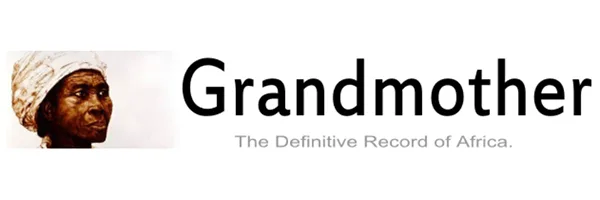Solomon, also known as Jedidiah, was a monarch of ancient Israel and the son and successor of King David, according to the Hebrew Bible or Old Testament. He is described as having been the penultimate ruler of an amalgamated Israel and Judah. The hypothesized dates of Solomon’s reign are from 970 to 931 BCE. After his death, his son and successor Rehoboam would adopt a harsh policy towards the northern tribes, eventually leading to the splitting of the Israelites between the Kingdom of Israel in the north and the Kingdom of Judah in the south.
Personal Life and Religion
Solomon was the son of King David and Bathsheba. Solomon was not the oldest son of David, but David promised Bathsheba that Solomon would be the next king. When David’s elder son Adonijah declared himself king, David ordered his servants to bring Solomon to the Gihon spring where the priest anointed him while David was still alive. Solomon inherited a considerable empire from his father. The religion of Solomon was Judaism, the monotheistic religion of the ancient Hebrews. However, as related in the first book of Kings, Solomon had many foreign women among his wives. His wives turned his heart after other gods, and thus he built shrines to the gods of their religions. In the biblical account of his reign, God tells Solomon he will punish him for his apostasy by breaking up his kingdom after his death.
Solomon is also revered in other faiths, such as Islam and Rastafarianism, as a sagacious king and powerful prophet of Israel. He was renowned for his wisdom, his prolific writings, and his building accomplishments. Born around 1010 BCE, Solomon was the tenth son of King David and the second son of Bathsheba. Like King Saul and King David, King Solomon reigned for 40 years in one of the highest and most prosperous periods in Israel’s history.
Solomon’s reign and legacy continue to be a subject of interest and reverence in various religious and historical contexts. His wisdom, wealth, and building accomplishments have left a lasting impact on the historical and religious narratives of the region.
The Wisdom of Solomon
The Wisdom of Solomon, also known as the Book of Wisdom, is a significant text that falls within the apocryphal literature. It is not part of the Hebrew Bible but is included in the Septuagint, and it is considered part of the deuterocanonical books by the Roman Catholic Church and the Eastern Orthodox Church, although most Protestants consider it part of the Apocrypha.
Authorship and Content
The authorship of the Wisdom of Solomon has been a topic of debate. While traditionally attributed to King Solomon, it is widely accepted today, even by the Catholic Church, that Solomon did not write the book. Instead, it is believed to have been written in the 1st or 2nd century BC, many centuries after the death of Solomon (apply wisdom).
The book itself is an example of the wisdom genre of religious literature, commending a life of introspection and reflection on human existence, especially from an ethical perspective. It depicts Wisdom as a feminine personification of an attribute of God, a breath of the power of God, and a clear effluence of the glory of the Almighty.
Wisdom and Ethical Perspective
The Wisdom of Solomon emphasizes the importance of wisdom and its ethical implications. It discusses how wisdom is a kindly spirit that will not free a blasphemer from the guilt of his words, as God is a witness of one’s inmost feelings, observer of the heart, and hearer of the tongue. The book also highlights the consequences for those who disregard wisdom and instruction, emphasizing the importance of righteousness and seeking wisdom.
Solomon’s Reputation for Wisdom
Solomon himself is renowned for his wisdom, and evidenced in the biblical account where God granted him wisdom and understanding beyond measure. This reputation is due to the wisdom literature attributed to him in the biblical Book of Proverbs, which contains collections of aphorisms and other wise teachings.
The Wisdom of Solomon is a significant apocryphal work that delves into the concept of wisdom from an ethical and introspective perspective. While traditionally attributed to King Solomon, it is believed to have been written centuries after his death, and it emphasizes the importance of wisdom and righteousness in human existence. Now the book begins…






